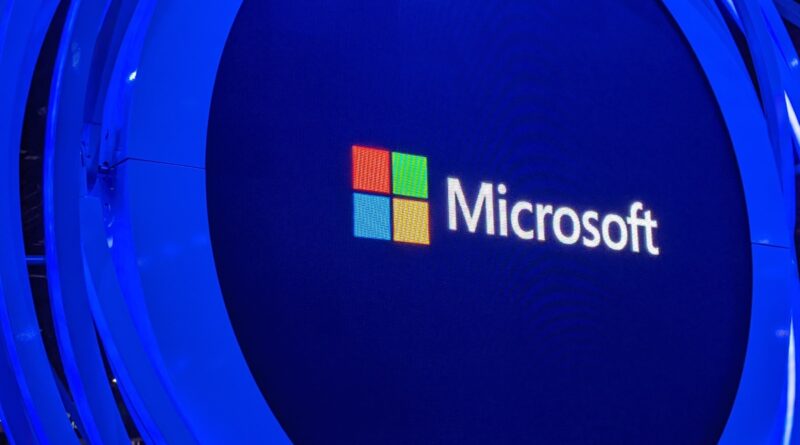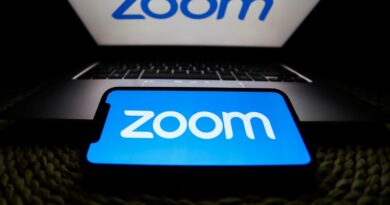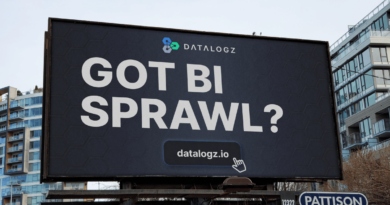Microsoft launches an AI tool to take the pain out of building websites
Microsoft wants to take the pain out of designing web pages. AI is its solution.
Today marks the launch of Copilot in Power Pages in preview for U.S. customers, an AI-powered assistant for Microsoft’s low-code business website creation tool, Power Pages. Given prompts, Copilot can generate text, forms, chatbots and web page layouts as well as create and edit image and site design themes.
To create a form, for example, users can simply describe the kind of form that they need and Copilot will build it and auto-generate the necessary back-end database tables. Those tables can then be edited, added to or removed using natural language within Copilot.
“As the maker, you describe what you need in natural language and use Copilot suggestions to design web pages, create content and build complex business data forms for your website,” Sangya Singh, VP of Power Pages at Microsoft, told TechCrunch in an email interview. “You no longer need to start from a blank slate.”
Generating a website with AI isn’t exactly a novel idea — not in this day and age, at least. Tools like Jasper can handle copy, images, layouts and more, while generators like Mixo can create basic splash pages when given a short description.
But Singh paints Copilot in Power Pages as more versatile than the competing solutions out there, while stressing that it’s not a tool that could — or should — be used to generate whole spam sites.
“Power Pages now allows you to go from no code (describing the site via natural language) to low code (editing the website design and layouts using the design studio) to pro code (building advanced customization with familiar web frameworks) seamlessly,” she said. “For Power Pages, crafting Copilot experiences within Power Pages is revolutionary because enabling an AI assistant to build business data-centric sites using natural language has not been done before.”

Image Credits: Microsoft
Of course, depending on the domain and use case, adding generative AI to the mix can be a risky proposition. Even if it’s not the original intent, AI can be prompted to generate toxic content. And it can go off the rails if not closely monitored.
Singh claims that Copilot in Power Pages, though, which is powered by OpenAI’s GPT-3.5 model, has “guardrails” to protect against issues that might crop up.
“We take the website maker’s user prompts to the Copilot, get suggestions from the large language model, and do a lot of processing, like offensive content filtering, before displaying suggestions back to the maker,” Singh said. “If Copilot’s suggestions are irrelevant or inappropriate, makers can easily report the AI generated output via a thumbs-down gesture in our experience and provide additional feedback.”
What about the aforementioned chatbot, also powered by GPT-3.5, that Power Pages users can now insert into their websites? According to Singh, it’s similarly built with safeguards, including a whitelist of URLs that it’ll look through to get answers.
“The key thing to note is that Power Pages Copilot is not an ‘automatic’ AI-pilot generating websites, but an ‘AI assistant’ to a human website maker — hence the name Copilot — where the maker can ask for suggestions on how to build different components of a business data-centric site,” she added. “Giving the makers ‘total control’ is a principle we have where the maker is always in control if they want to apply the Copilot suggestion or tweak it further or discard it.”
Microsoft launches an AI tool to take the pain out of building websites by Kyle Wiggers originally published on TechCrunch





